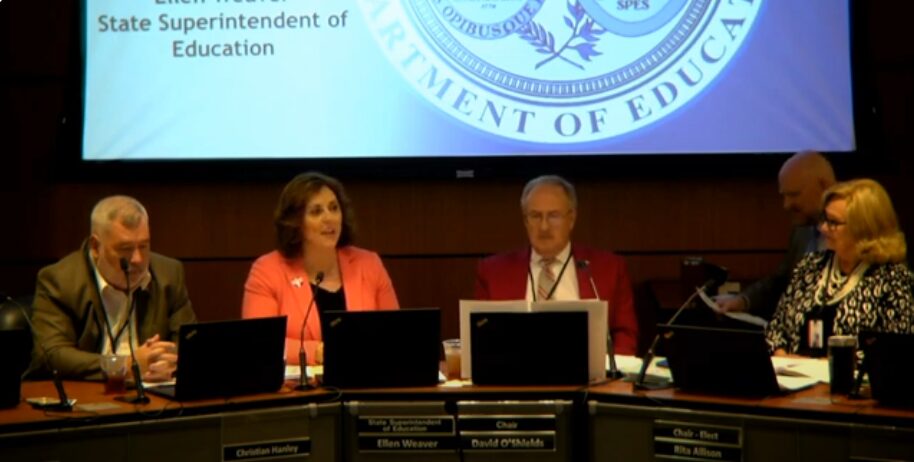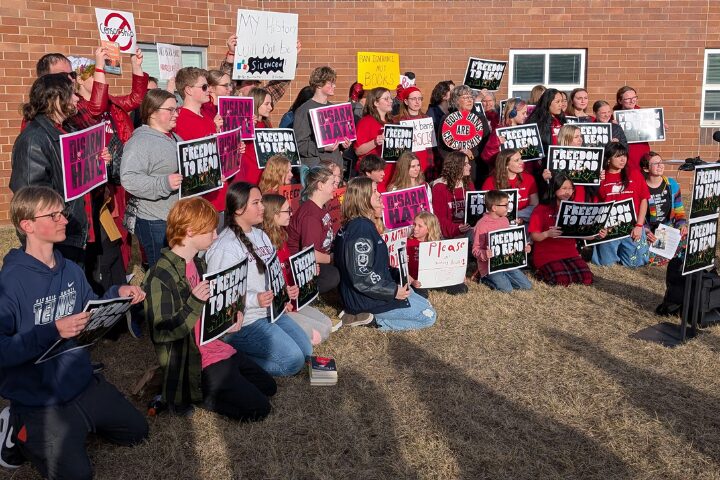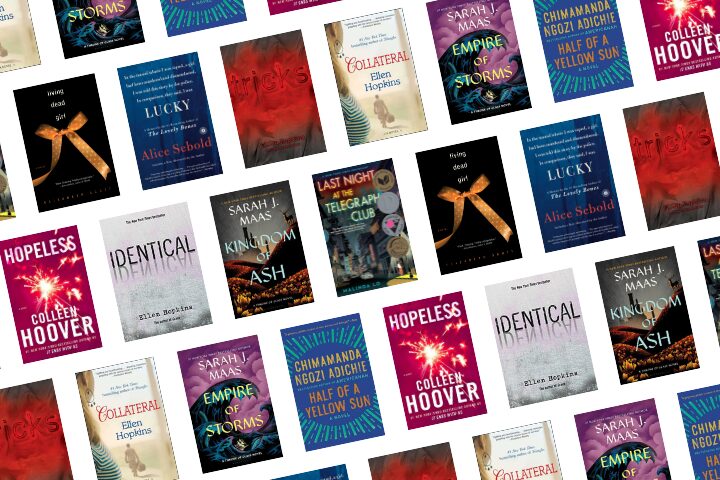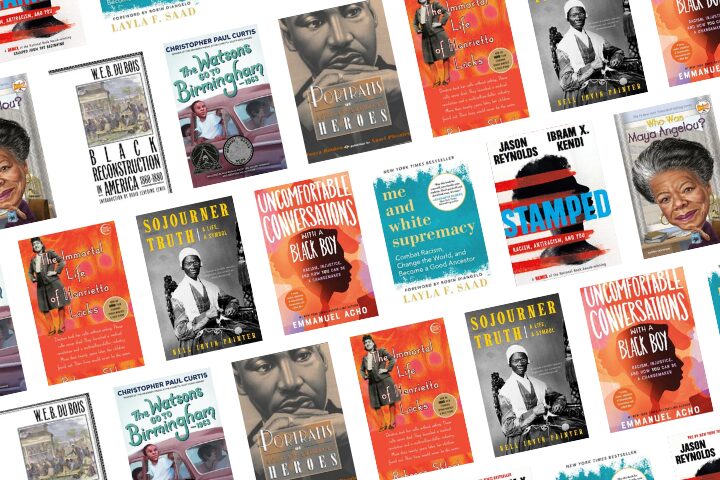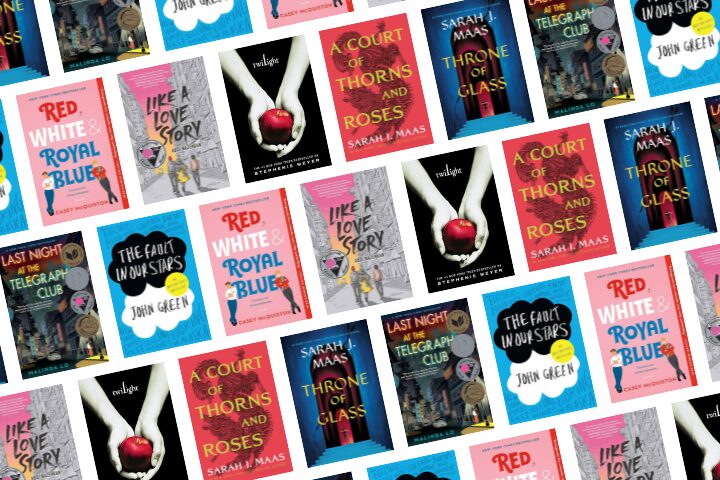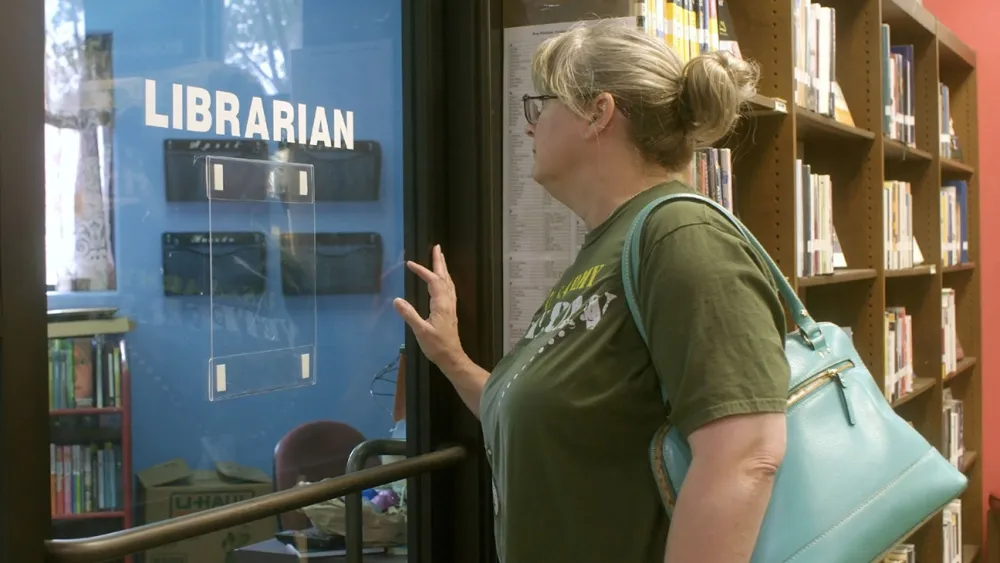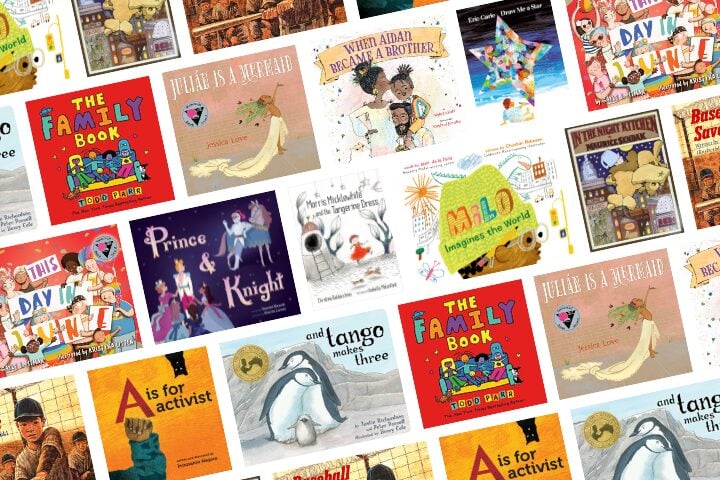Supporters will gather on the steps of the U.S. Supreme Court on April 22 to rally in support of the authors whose books form the core of Mahmoud v. Taylor, a case brought by a group of Maryland parents against the Board of Education for the Montgomery County school district.
The books in the case all tackle issues surrounding the LGBTQ+ community. The parents claim that their religious rights are being violated because the school district decided to keep them in the elementary school curriculum, with no ability to opt their children out of class when the books are used.
But the authors and illustrators say that their works are misrepresented, particularly in the media, where conservative voices claim that children are being “indoctrinated” by being exposed to the true range of families and students that populate the nation’s schools.
Robin Stevenson, author of the picture book Pride Puppy, said, “There has been a deliberate campaign of misrepresentation about these books over the past two years. This includes misleading statements intended to fuel fears and stoke anger, and outright lies—some quite bizarre—about the contents of the books.”
She noted that the reporting around Pride Puppy “has often focused on a word search connected to the alphabet, picking out particular words and images from the hundreds in the book and linking them together to imply salacious content.” For example, critics have misleadingly claimed that the book introduces children to images of leather and zippers, when in fact a parent wears a leather jacket on the L page, and there is a zipper on a kid’s hoodie on the Z page. “Both are items of clothing most kids see on a daily basis,” Stevenson said.
“These books are all joyful. They’re books about making connections and finding ourselves in the world,” said Katherine Locke, author of What Are Your Words?, a picture book about pronouns. “They’re books about happiness and joy and sharing that happiness and joy with other people. They’re not preaching or coercing in any way.”
What they are is celebrations of the diversity of life.
“When our son was four, and the only boy we knew who wanted to wear a dress, we looked around for books about boys like him. We found none. It was a lonely time, for him and for us,” said authors Sarah and Ian Hoffman. “So we wrote our first book, Jacob’s New Dress, to help kids like our son know that they are not alone—and to help all kids learn to be kind.”
Later, they wrote Jacob’s Room to Choose, in response to their son being bullied for using the boy’s bathroom while wearing pink Crocs.
“When we see how our book is represented in the media, it’s clear to us the people objecting to it haven’t actually read it,” said the Hoffmans. “Our book is about a boy trying to use the boy’s bathroom, and a girl trying to use the girl’s bathroom. The message of our book is that all children should feel safe to use the bathroom.”
“Ironically,” they added, “that’s the scenario conservatives are demanding.”
The authors expressed hope that the people criticizing their works would take the time to read them and realize the content is family-friendly.
“Uncle Bobby’s Wedding is a gentle little story about a family,” said author Sarah S. Brannen. “I’ve read so many comments talking about sex being inappropriate in books for kindergartners. There is no sex in my book. It’s a story about a family that ends with everyone dancing at a wedding.”
“The books cited in this case are short picture books that take only a few minutes to read,” said Stevenson. “I would encourage people to do that rather than forming opinions based on what they have read online.”

